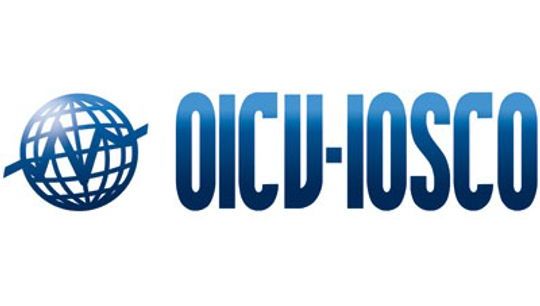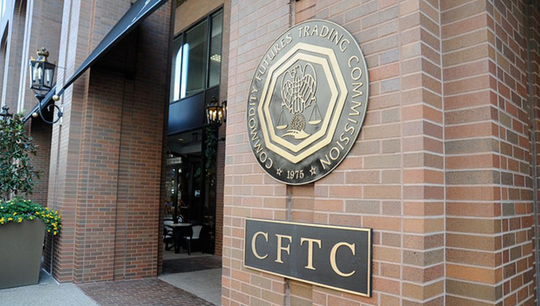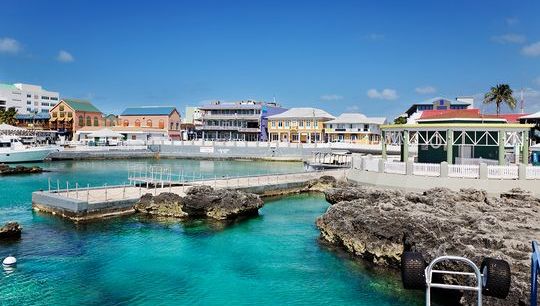The rise of the family office
By Kristy-Anne Leith; Michelle Richie, Campbells
Published: 22 September 2025
Over the past five years, the Cayman Islands has witnessed a significant rise in family offices choosing to establish themselves as fund clients within the jurisdiction, reflecting a broader global trend of ultra-high-net-worth families seeking sophisticated, flexible, and well-established wealth management solutions which offer family offices direct control over investments.
This growth has coincided with the introduction of the Private Funds Act 2020, which regulates closed-ended funds in the Cayman Islands, and which provided a robust statutory framework aimed at providing greater regulatory oversight of vehicles such as private credit funds, private equity, venture capital, real estate and infrastructure. This legislation has also enabled family offices to strategically deploy capital and implement bespoke investment strategies, manage intergenerational wealth, and facilitate co-investment opportunities, within a secure and efficient environment which further protects investors by requiring independent verification of assets, robust cash monitoring and periodic valuation procedures.
The rise of family offices as fund clients is also reflected in the broader growth of private funds domiciled in the Cayman Islands, which increased by over 36% from 2020 to 2025. Private funds now account for a majority share of funds registered with the Cayman Islands Monetary Authority (CIMA), underscoring the jurisdiction’s growing importance as a preferred location for private capital deployment by family offices and other investors.
A sophisticated destination
The Cayman Islands’ appeal as both a physical domicile for family offices and the jurisdiction of choice for their investment vehicles is multifaceted. The islands offer a highly sophisticated financial sector comprised of experienced professionals in finance, legal and accounting fields with cross-border expertise in a variety of investment fund structures, wealth management and trust structuring. Furthermore, Cayman’s legal system, while based on English common law, has been deliberately modernised over the past decade to accommodate innovative and bespoke financial structures, and to provide a familiar and trusted environment for both institutional investors and wealthy families worldwide.
Furthermore, the Cayman Islands is internationally recognised as a tax-neutral jurisdiction with no direct taxes including income, capital gains, or inheritance tax, which is highly attractive to high-net-worth individuals (HNWIs) already paying taxes in their home jurisdictions. This fiscal environment, combined with automatic financial reporting standards like CRS and FATCA, ensures compliance with global transparency norms while maintaining tax efficiency and sharing of information with over 100 other countries who have signed up to similar reporting structures globally. As a result, the jurisdiction has directly benefited from striking a much-needed balance between strong regulatory oversight and operational efficiency. For example, although details are maintained at local registered offices on island, registers of shareholders and limited partners are private, and offering documents are not publicly disclosed, which appeals to families prioritising discretion in their wealth management. Furthermore, single-family offices benefit from exemptions from the usual private funds and securities investment business regulation which in turn reduces compliance burdens and, therefore, overall expenses.
The presence of established family offices, including a well-known ultra-high-net-worth family office situated in the Cayman Islands since the 1990s, has only helped cement the Cayman Islands’ reputation and attract a growing number of other single-family offices from the Middle East, Asia, Europe, and the Americas. This growing community has resulted in greater collaboration, co-investment opportunities, and access to larger and more diverse investment prospects.
The trend, however, is not only about structuring wealth but also about physical relocation and residence. Historically, families used the Cayman Islands primarily for asset structuring, but recently, many have chosen to base their family offices and even reside in the Islands, attracted by the political and economic stability and robust institutional framework. The jurisdiction also boasts much sought-after privacy, luxury properties, amenities and lifestyle benefits which notably emerged on the tailwinds of COVID-19. This shift marked a significant change in the Cayman Islands’ role from a mere financial structuring hub to a vibrant community for family offices and their networks of family members, advisers, and key employees.
Innovation in digital assets
The Cayman Islands is evolving as a hub for digital asset innovation and fintech, with regulatory frameworks keeping pace with developments such as virtual assets and decentralised autonomous organisations (DAOs). This shift in specialisation has particularly attracted family offices interested in diversifying into new asset classes and technologies, supported by specialised teams in private capital, trusts, fintech, and regulatory compliance.
Digital asset innovation has played a pivotal role in accelerating family office migration to the Cayman Islands over recent years. Family offices are increasingly incorporating digital assets into their investment strategies, leveraging the jurisdiction’s tax-neutral status and advanced trust laws, including recent reforms allowing for perpetual trusts. This integration facilitates long-term wealth preservation and succession planning in a rapidly evolving asset class. The jurisdiction’s proactive approach to regulating and supporting the digital asset ecosystem has made it a highly attractive destination for ultra-high-net-worth families seeking to incorporate blockchain-based investments and emerging technologies into their portfolios.
A framework for regulating virtual asset service providers was first introduced in the Cayman Islands in May 2020 pursuant to the Virtual Assets (Service Providers) Act (VASPA). The VASPA was enacted following recommendations made by the Financial Action Task Force and provides a statutory framework for the regulation of virtual asset service providers in the Cayman Islands. This regulatory framework reassures family offices about compliance and risk management, encouraging them to establish structures in Cayman to hold and manage digital assets securely.
Furthermore, the jurisdiction’s unique Foundation Company structure introduced to the Cayman Islands under the Foundation Companies Act 2017, which blends features of companies and trusts and allows for “ownerless” entities, aligns well for projects involving Decentralised Autonomous Organisations (DAOs), including decentralised protocols and platforms that utilise DAOs. This flexibility enables family offices to participate in or even establish blockchain ventures while maintaining governance tailored to their needs.
These innovations, coupled with Cayman’s sophisticated financial services industry with specialised legal, fiduciary, and regulatory teams experienced in digital assets and fintech, has effectively supported family offices in navigating the complexities of digital asset investment, custody, and governance.
This synergy between progressive legislation, bespoke legal structures, expert services, and lifestyle advantages has effectively positioned Cayman as a leading global hub where family offices can confidently embrace the combination of traditional asset management and the newer digital asset frontier while preserving and growing multi-generational wealth. This trend is only expected to continue as more HNWI, and wealthy families seek integrated, secure, and forward-looking wealth management solutions in a jurisdiction that has struck a delicate balance between tradition with innovation.
Fund managers attuned to this evolution will be well-positioned to serve and partner with this influential capital base.








